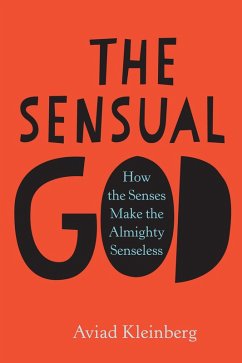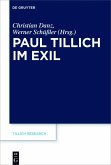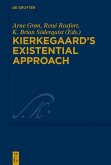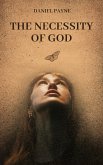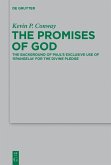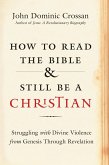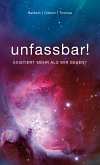In the Old Testament, God wrestles with a man (and loses). In the Talmud, God wriggles his toes to make thunder and takes human form to shave the king of Assyria. In the New Testament, God is made flesh and dwells among humans. For religious thinkers trained in Greek philosophy and its deep distaste for matter, sacred scripture can be distressing. A philosophically respectable God should be untainted by sensuality, yet the God of sacred texts is often embarrassingly sensual.
Setting experts' minds at ease was neither easy nor simple, and often faith and logic were stretched to their limits. Focusing on examples from both Christian and Jewish sources, from the Bible to sources from the Late Middle Ages, Aviad Kleinberg examines the way Christian and Jewish philosophers, exegetes, and theologians attempted to reconcile God's supposed ineffability with numerous biblical and postbiblical accounts of seeing, hearing, smelling, touching, and even tasting the almighty. The conceptual entanglements ensnaring religious thinkers, and the strange, ingenious solutions they used to extricate themselves, tell us something profound about human needs and divine attributes, about faith, hope, and cognitive dissonance.
Setting experts' minds at ease was neither easy nor simple, and often faith and logic were stretched to their limits. Focusing on examples from both Christian and Jewish sources, from the Bible to sources from the Late Middle Ages, Aviad Kleinberg examines the way Christian and Jewish philosophers, exegetes, and theologians attempted to reconcile God's supposed ineffability with numerous biblical and postbiblical accounts of seeing, hearing, smelling, touching, and even tasting the almighty. The conceptual entanglements ensnaring religious thinkers, and the strange, ingenious solutions they used to extricate themselves, tell us something profound about human needs and divine attributes, about faith, hope, and cognitive dissonance.
Dieser Download kann aus rechtlichen Gründen nur mit Rechnungsadresse in A, D ausgeliefert werden.

